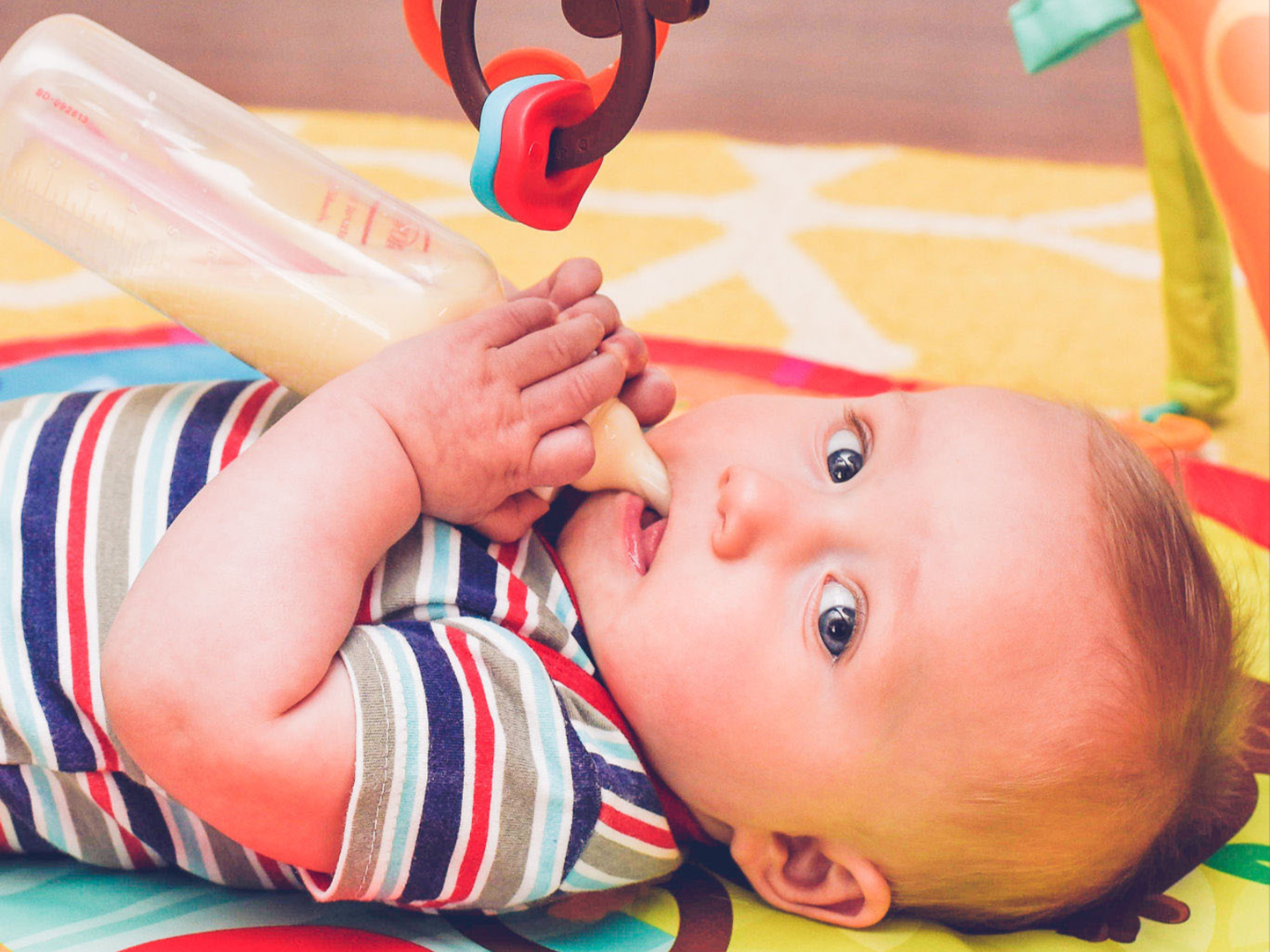We can’t solve the age-old debate about on-demand vs scheduled feedings here, but we can tell you that your baby has to get pretty worked up in order to ‘tell you’ that they are ready for their next meal.
Tell Me More
When is the last time you cried for a meal? Thanks to our modern lifestyles and an abundance of available food, most of us never reach the point of actual starvation and rarely experience extreme hunger. We would need to be pretty desperate to reach the point of screaming or crying for food. Crying from hunger represents a child’s last-ditch, all-out effort to get our attention – after all, it’s their only means of getting our attention at this early stage.
If we pay close attention to some of the behavioral cues displayed by babies before they cry, we can see that young babies are likely to make sucking sounds or movements, with perhaps a little squirming and limb waving before a how is released. Reaching the crying state is associated with a physical stress response – elevated levels of cortisol (a hormone released in response to stressful conditions that helps to mediate our emergency reactions) are released into the body. This is important to know because babies under stress are less likely to take in a full meal.
So What?
Implementing a feeding routine appropriate for your baby’s weight and age can help mealtimes begin and end peacefully. Though some babies drink just fine from breast or bottle after a bout of crying, many will take in a smaller meal than they should, and may also suffer gas after swallowing air while crying. If you feel that your child isn’t in a restful state at most mealtimes, trying out a schedule may have a positive impact. Just remember that growth spurts, weather, and other issues may have an impact on the schedule.
If you still encounter a lot of crying or fussiness in your young baby before or during mealtimes, swaddling can help. Swaddling has been shown to reduce stress responses and can be linked to improvements in both eating and sleeping behaviors.
A note about the author:
Dr. Randa Grob-Zakhary, MD Ph.D. is the Founder of The Babyboost Institute for Early Learning and Development. Want more tips? Purchase Babyboost: 50 Critical Facts on Amazon.


